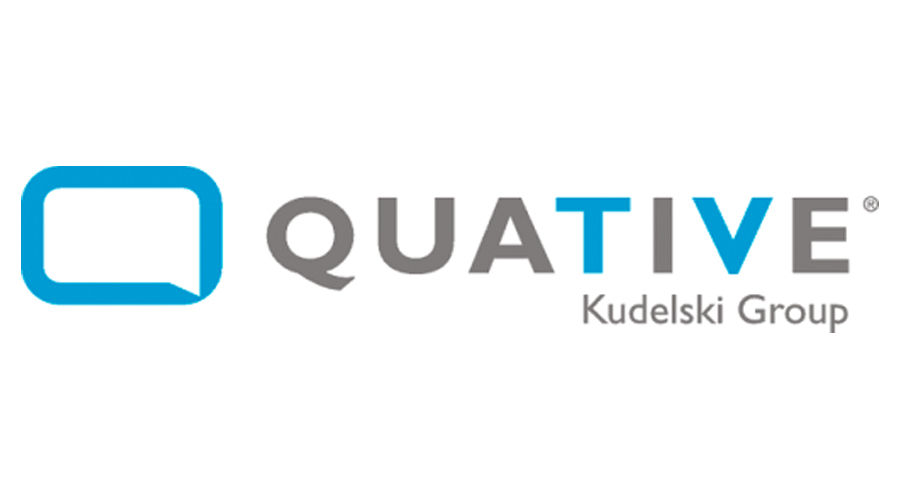

Go Portal - Internal application
Challenge
third-party agency had already created high-fidelity screens for the Go-Portal with the corporate brand in mind.
However, user experience had not been carried out, and the organisation was concerned that their business goals would not be met by the current solution.
Our approach
We conducted standard UX Discovery and Research, including a 2-day virtual user experience workshop for the delivery of the internal Go Portal application. We set the tone for how the organisation should continue to engage users to create a successful end product for everyone. We compared the third-party screen designs against the required functionality and business needs. We set the landscape for users from multiple European locations who have never been in a UX workshop before. We empowered them to speak up and participate actively in the virtual workshop. We uncovered insights by screen sharing, card sorting and other interactive UX activities. We explored as-is user journeys of tasks that the participants carry out. We empowered the users, making them feel that they were shaping how they work in the future.

Outcomes
We compiled a UX Discovery & Research report summarising findings and thematic insights. We succinctly covered the main themes around the business goals, the inefficiencies of current as-is processes and user and data journeys for each user type.
We produced a set of recommended to-be user journeys which highlighted efficiencies and cost savings in work processes and time.
We documented user expectations and recommended how to incorporate UX methodologies.
We recommended continued engagement with business stakeholders and end-users, to produce the optimal solution.
Benefits
Vodafone experienced great benefit in how we engaged users from different locations virtually from our work. We mentored the client to help them mature their UX maturity model by following our UX techniques and processes.
We successfully architected a set of outcomes that would deliver on their business goals.
OTHER MEDIA & COMMS CASE STUDIES
Contact Us
S&N
Berkeley Square,
London
W1J 5AP
Quick Links



